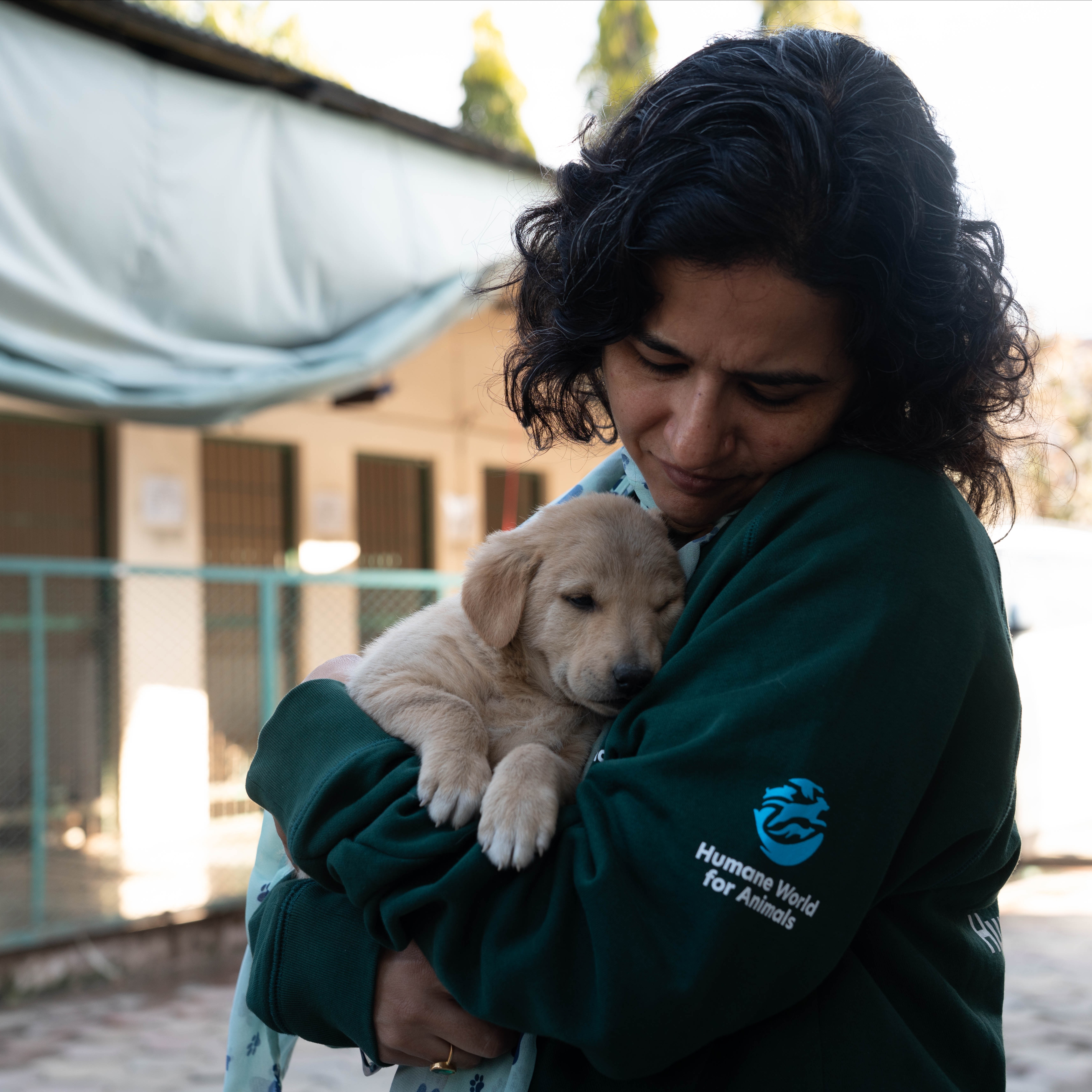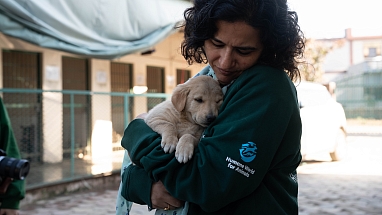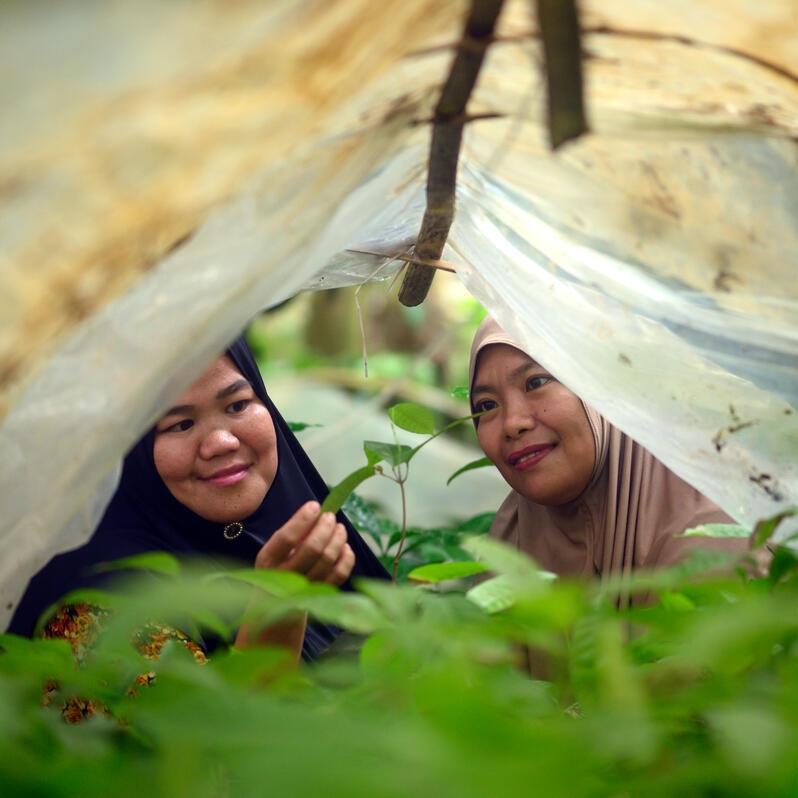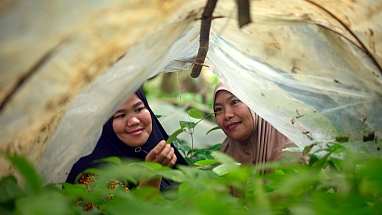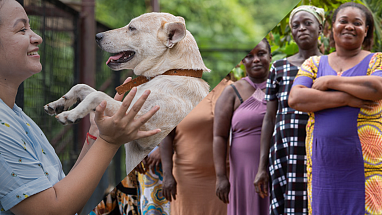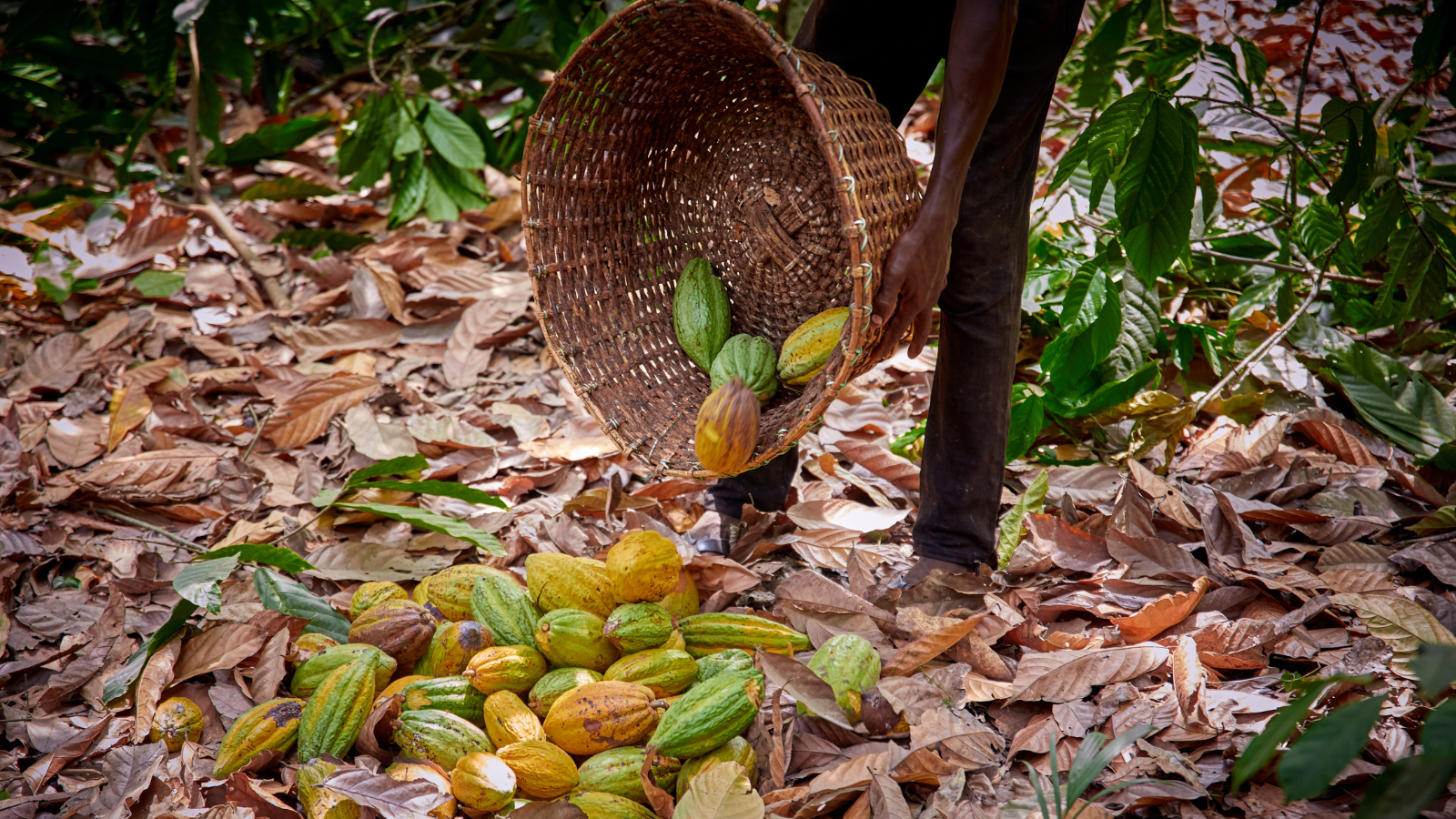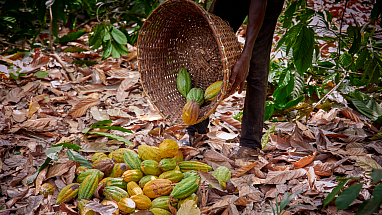By Nici Bush, Vice President, Science, Innovation and Technology
From our humble beginnings in the Mars family kitchen more than a century ago to employing 140,000+ Associates in 80 countries today, Mars has relied on science, not only to create meaningful solutions for consumers, but to play a central role in helping tackle some of the world’s biggest challenges. And the Mars family ownership has enabled us to make long-term commitments to this approach, advancing the business and benefiting society.
As the Vice President for Innovation, Science and Technology at Mars, it’s my privilege to build on this foundation. Today, we’re involved in cutting-edge research around the world, from ground-breaking nutrition research to addressing climate change. Our talent is the highest caliber in the world, including 4,000 technical experts across R&D and five state-of-the-art research institutes: the Waltham Petcare Science Institute(Opens a new window), the Cocoa Flavanol Research Hub(Opens a new window), the Cacao Plant Science Hub & Origin Research Centers, the Mars Advanced Research Institute(Opens a new window), and the Global Food Safety Center.(Opens a new window)
Here are just a few examples of how we’re using our long-term approach, expert science teams, and partnerships with leading research institutions and international organizations to create evidence-based solutions for people, pets and the planet.
A landmark study in nutrition research
Our team at the Mars Edge Cocoa Flavanol Research Hub has been researching cocoa flavanols for over 20 years. This long-term science program enabled us to support the COcoa Supplement and Multivitamin Outcomes Study (COSMOS) through investigator-initiated unrestricted grants, along with providing the cocoa flavanol and placebo test materials used in the trial. COSMOS was initiated and conducted by Brigham and Women’s Hospital, part of Harvard Medical School.
COSMOS is the largest-ever study of its kind, with more than 21,000 generally healthy men and women, ages 60 and older, participating in the trial over a five-year period. The findings shared earlier this year showed improved heart health outcomes with daily flavanol supplementation, including a profound 27% reduction in cardiovascular death. COSMOS is one of the rare clinical studies in nutrition where the health impact of novel bioactives are investigated at such a large scale, helping to open the door for the future development of dietary recommendations for flavanols.
Thanks to COSMOS, there will be many exciting and important discoveries that can help people live better, healthier lives as they age.
Strengthening crop production
Another important area of research for Mars is our work to improve crop production. Knowing that the cacao plant is vulnerable to disease, our scientists, along with IBM and the U.S. Department of Agriculture, sequenced the cacao genome in 2010. By publishing this genetic map, we enabled researchers around the world to create selective cacao breeding programs, helping farmers keep their fields free from disease, increase their crop yields, and protect their long-term livelihoods. We continue to invest in cocoa science, recently opening our Cacao Plant Science Hub in Davis, California, with state-of-the-art laboratory and greenhouse facilities. This is where we work to conserve the genetic diversity of cacao and apply modern genetic technologies to accelerate the breeding of improved planting materials. We also conduct research in agronomy and integrated pest management, both in Davis and at our Research Centers in cocoa-growing origins.
Our Mars Advanced Research Institute also helped form the African Orphan Crops Consortium (AOCC). Orphan crops are important economically and culturally for local societies but aren’t widely researched due to their limited commercial markets. We’re helping sequence the genomes of 101 traditional African food crops, and we’ve already generated high-quality genome sequences for 12 species. This work will lead to easier, more affordable and faster planting crops that can provide higher yields, better nutrition, and greater resistance to disease, pests and climate change. And we’ve made all the data freely available in the public domain to benefit all researchers.
Restoring coral reefs
In addition to focusing on health and the communities where we operate, we’re also dedicated to supporting the health of our planet. Our business and the many communities where we source raw materials depend on the ocean — for food, income and protection. But coral reefs are under constant threat from climate change, destructive fishing practices and marine pollution – we face losing reefs from the planet in the next two decades if we stand by and do nothing.
Since 2011, we’ve been developing and refining a low-cost, scalable method of coral reef ecosystem restoration called the Mars Assisted Reef Restoration System. Within just two years, our approach can increase coral cover from 10% to 60%, significantly increasing fish abundance and biomass. We are widely recognised as driving the largest coral reef restoration effort in the world, and our teams continue to lead restoration science.
Looking ahead
These are just a few initiatives of many, and they each serve as a reminder that, with the right partners, talent and long-term horizon, the science we apply today can create meaningful solutions for consumers and contribute to solving some of the world’s most complex challenges.
I’m optimistic about the future, because through science, innovation and collaboration, we can foster a better world tomorrow.




